
Measuring what counts: targeting business steps for nature positive
19 October | Transform | Session 12 | 11.30 - 13.00 CET
Nature Positive and biodiversity risk are hot topics for business as we approach the 15th meeting of the Conference of the Parties (COP15) to the UN Convention on Biological Diversity (CBD) in December. The inherent diversity of biodiversity sets unique challenges for companies when considering initiatives such as the Science-Based Targets Network. As you develop a corporate strategy aligned with nature-positive goals, how can you assess implementation of the anticipated Global Biodiversity Framework (GBF)? What should you measure to help inform your biodiversity strategy and demonstrate progress towards your company’s and global goals?
This interactive session presented lessons and practice approaches for measuring nature to transform corporate decision-making. The expert panellists discussed the current context, presened helpful databases, and provided some practical examples.
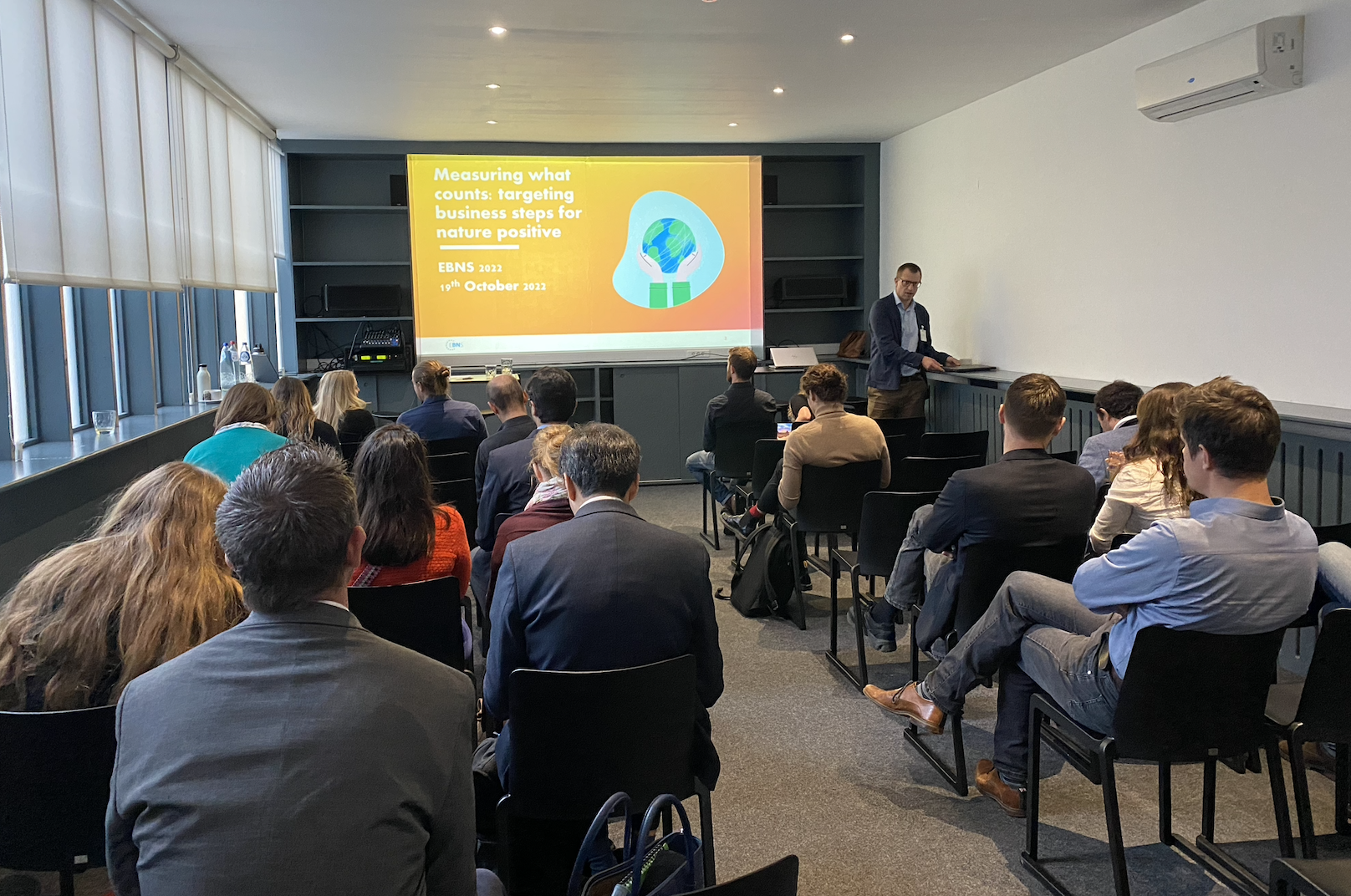
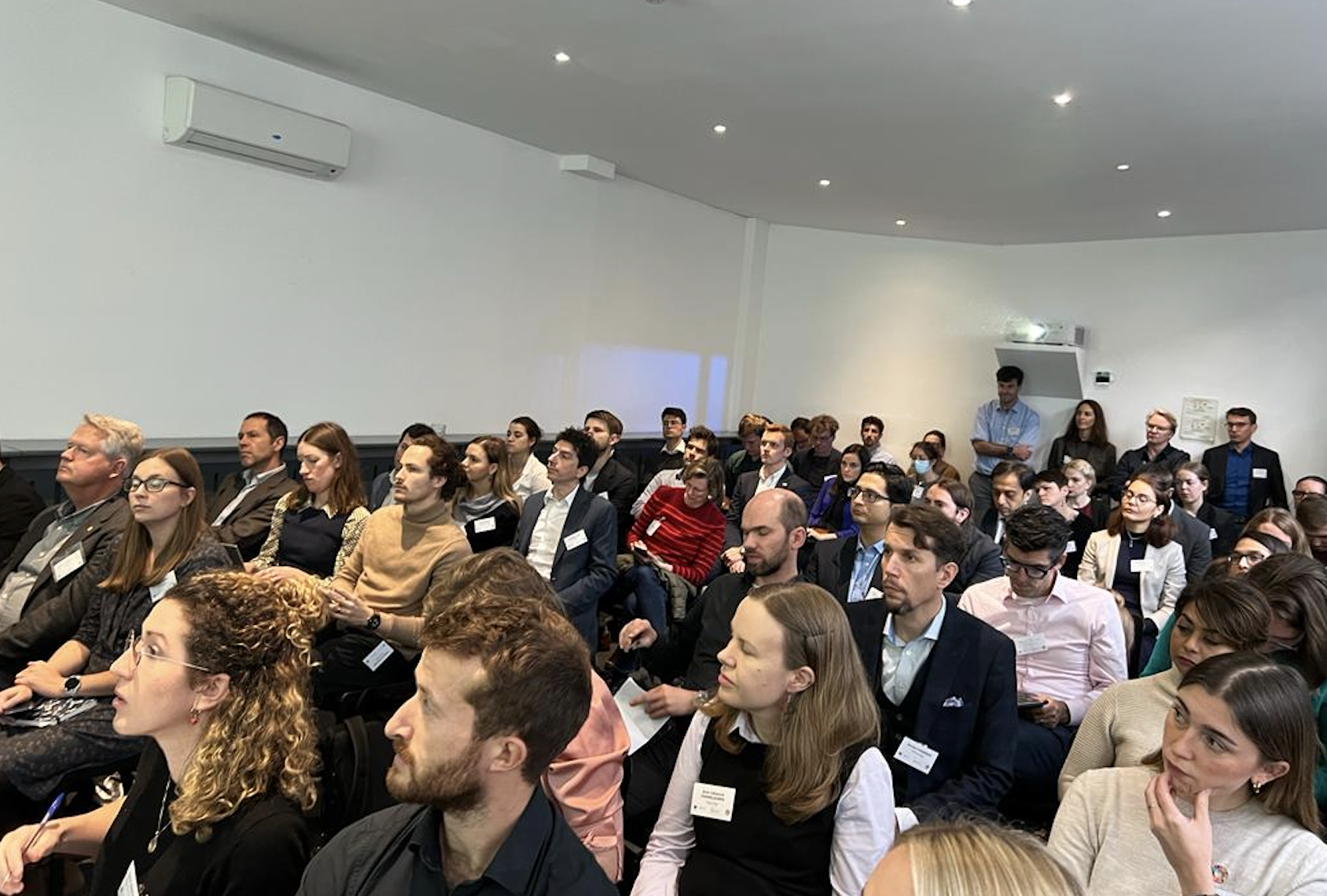
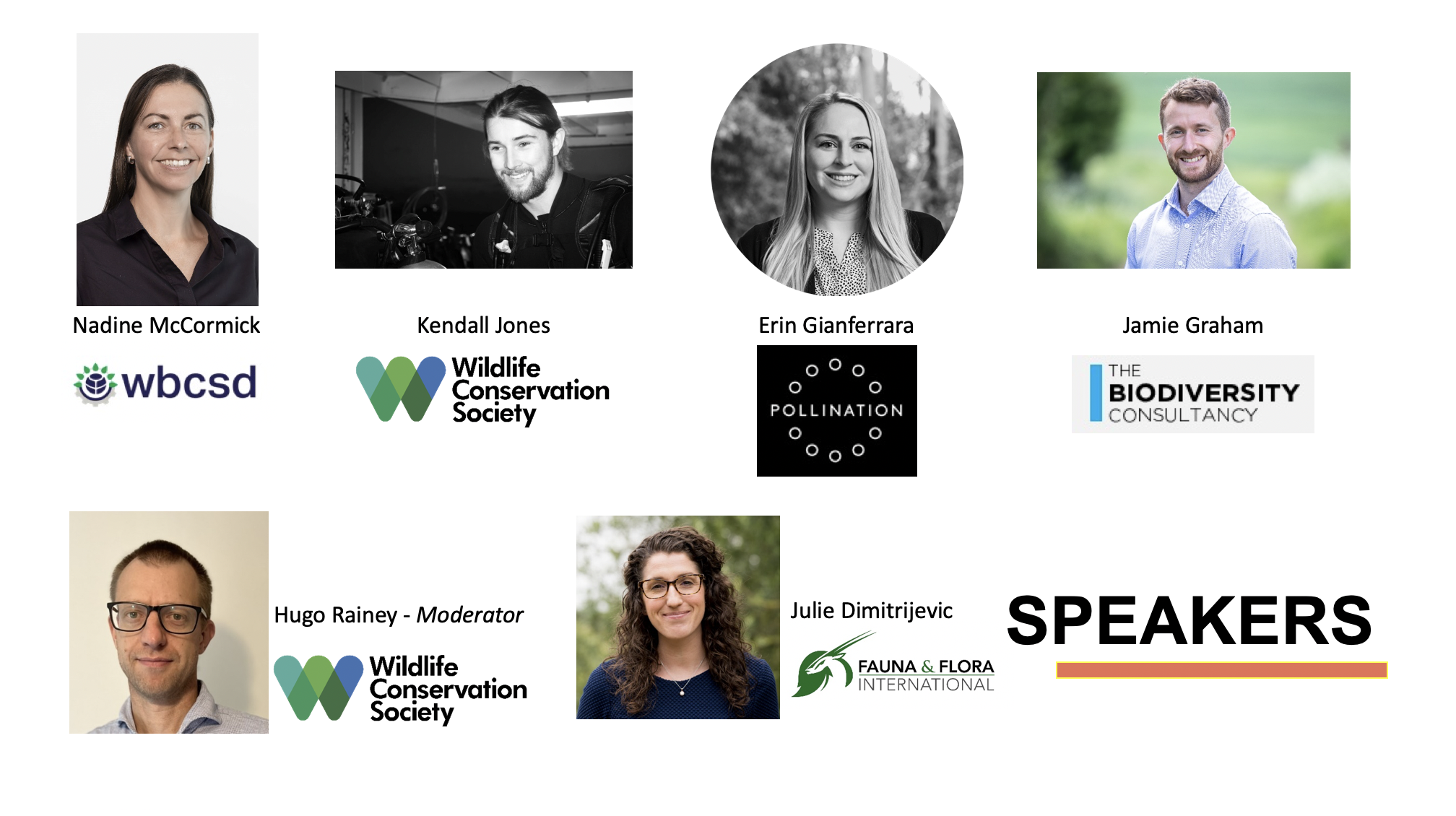
Erin Gianferrara, Director at Pollination, emphasised that nature plays a pivotal role in delivering over half of the world’s GDP, and is therefore inextricably linked to global markets. Degradation of nature and biodiversity poses a substantial and material risk to businesses, revenues and investors. There is growing interest in using data and tools to understand the material impacts and dependencies businesses and global markets have on nature, which increases transparency for investors and allows for decision making aligned with nature risks and opportunities; thereby supporting a more resilient global economy.
Jamie Graham, Principal Specialist at The Biodiversity Consultancy, stressed there is a wealth of information about the steps a company needs to take to become nature positive, but knowing what this means practically can sometimes be difficult. Jamie presented a case study of a footprint estimate for a company which he had previously worked on. This was designed to help highlight key pieces of information for any company, including internal data requirements, accessible external datasets, and different tools and methodologies which can support a first step assessment of their impacts. By highlighting these in context, Jamie was able to emphasise the importance of components such as traceability and value chain coverage. Finally, Jamie demonstrated that there is no “one-size fits all” approach towards achieving nature positive, instead showing that it is an iterative process, but that there are plenty of ways that companies can get started immediately.
Nadine McCormick, Manager for Nature Action at the World Business Council for Sustainable Development (WBCSD) presented on how leading companies in WBCSD are already reporting and using indicators related to nature based on a readiness assessment conducted on 55 member companies in 2021. For example, assessments related to freshwater and land are more advanced, with very few considering oceans. With respect to indicators, most companies report on company responses as well as pressures on nature, but much fewer on state of nature, which given resource and infrastructure needs, is only realistic for leading companies right now.
Dr. Kendall Jones, Conservation Planning Lead at the Wildlife Conservation Society, provided guidance on how businesses can use tools like materiality and value-chain assessments to understand what their impacts are and where they are occurring. Becoming nature positive requires businesses to understand and measure their impacts on nature, such that they can set realistic targets to reduce these impacts and move towards becoming nature positive. Kendall then discussed how to develop and use indicators to track progress towards nature-positivity, and outlined key principles that business should follow when creating their own indicators. Finally, Kendall outlined a suite of useful data portals and platforms where businesses can go to find information they can use to understand both their site-level impacts on nature, as well as the impacts occurring across their entire value chain.
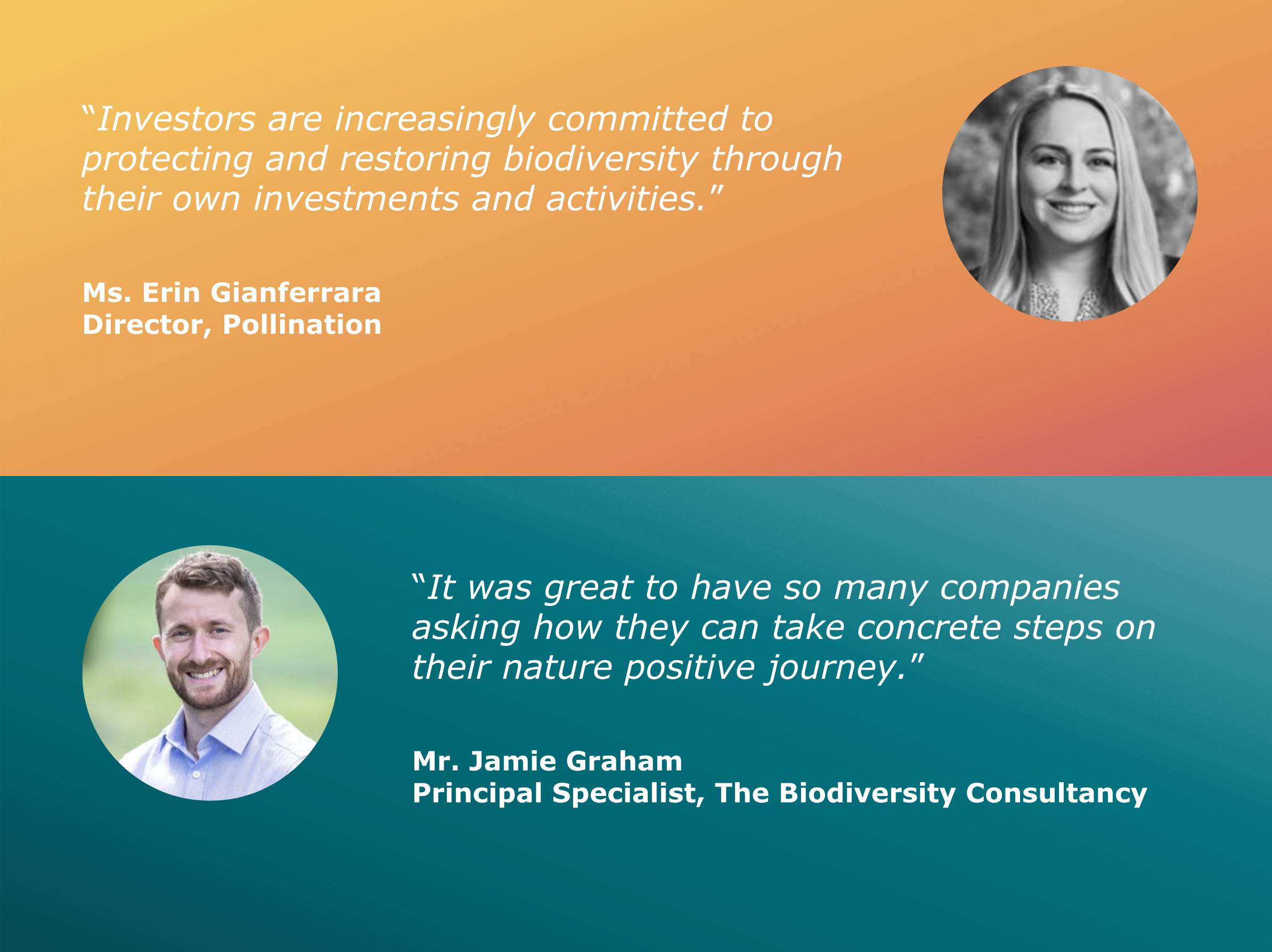
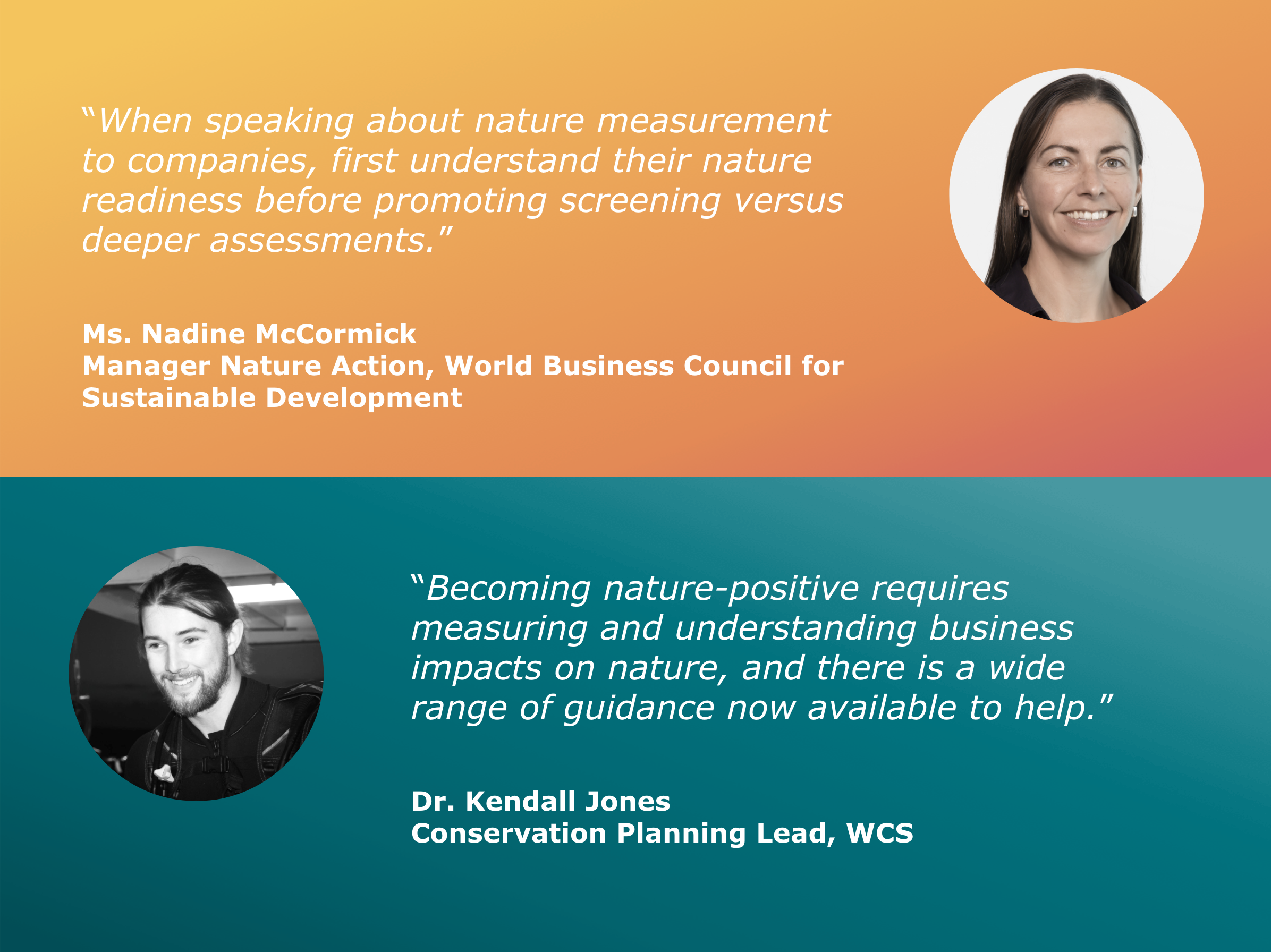
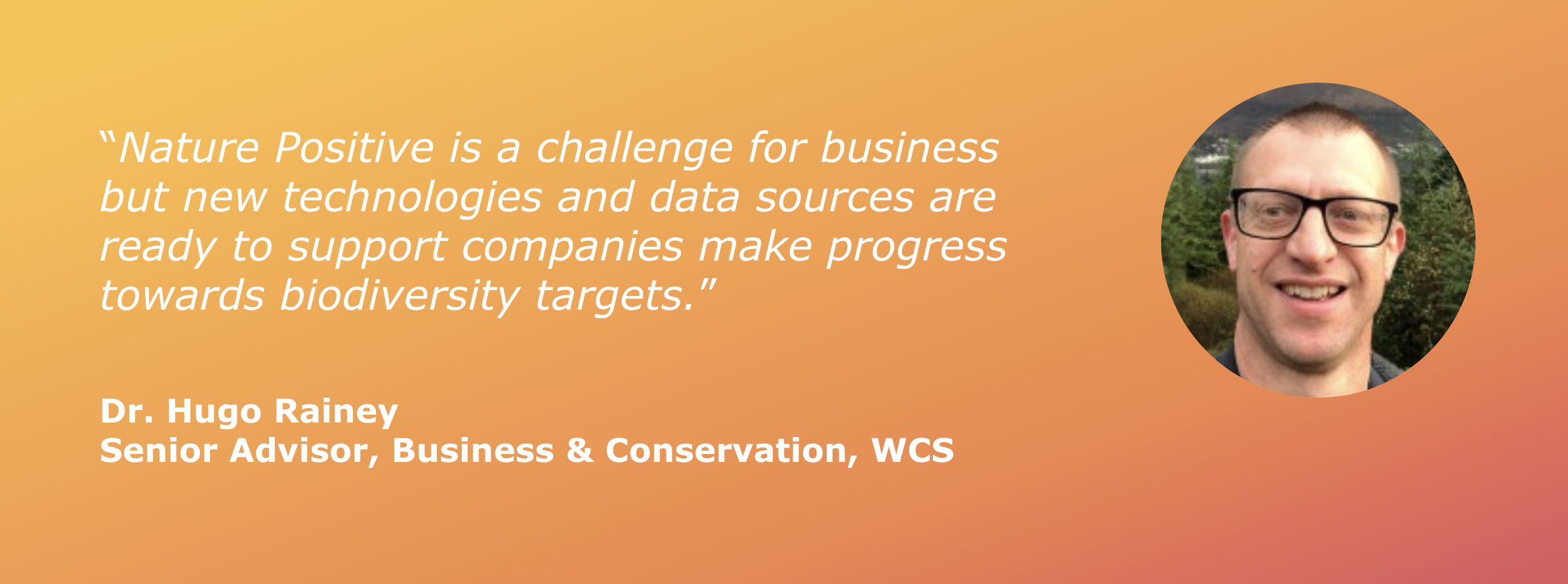
Speakers:
Moderator:
- Hugo Rainey, Senior Advisor, Business & Conservation, WCS